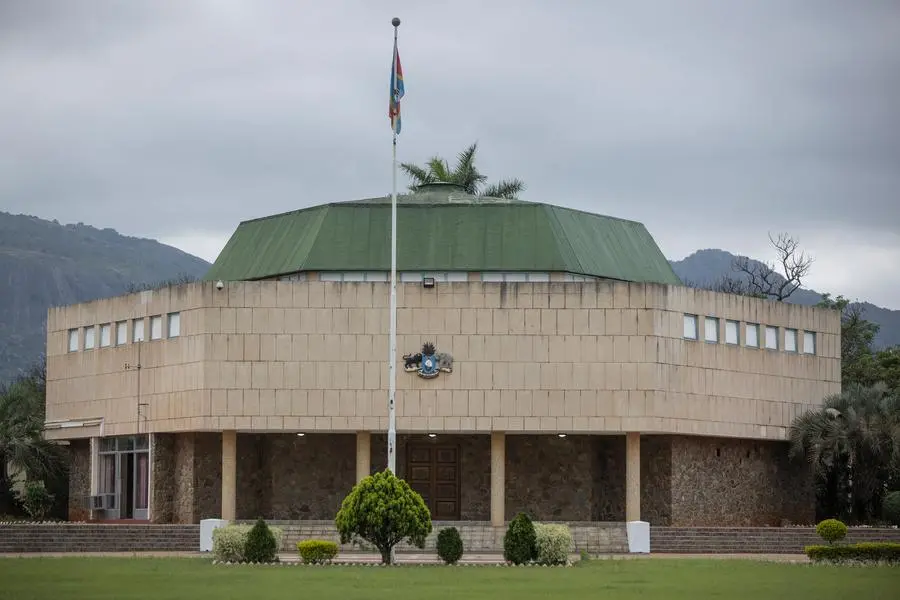PHOTO
Eswatini -- the last absolute monarchy in Africa where political parties are banned and lawmakers are sidelined by the king -- will hold parliamentary elections on September 29, the election authorities said Friday.
The vote is unlikely to change the political scenery in the southern African nation of 1.2 million people that has been ruled by King Mswati III since 1986. The king wields absolute power.
Voter registration will start next week, and a preliminary round of voting to select candidates is scheduled for August, said the head of Eswatini's Elections and Boundaries Commission, Prince Mhlabuhlangene Dlamini.
"Finally, secondary elections (will take place) on the 29th of September. That will mark the end of the election process," he told a press conference in Lobamba, the legislative capital.
Elections in the country take place in a convoluted system that ensures Mswati faces no meaningful dissent.
The vote comes two years after dozens of people were killed as police violently quashed demonstrations calling for democratic reforms.
Winners in the 59 constituency ballots will take seats in parliament's lower house, along with 10 lawmakers that the king appoints directly.
Mswati can veto any legislation, appoints the prime minister and cabinet, and is constitutionally above the law.
He also selects 20 of the 30 senators in the upper house. The rest are elected by the lower house.
Candidates cannot be affiliated to any political group under the constitution which emphasises "individual merit" as the basis for selecting members of parliament and public officials.
Mswati has been widely criticised for his lifestyle, reputedly lavishing his 15 wives with millions of dollars a year while nearly 60 percent of the population live on less than $1.90 a day.





















